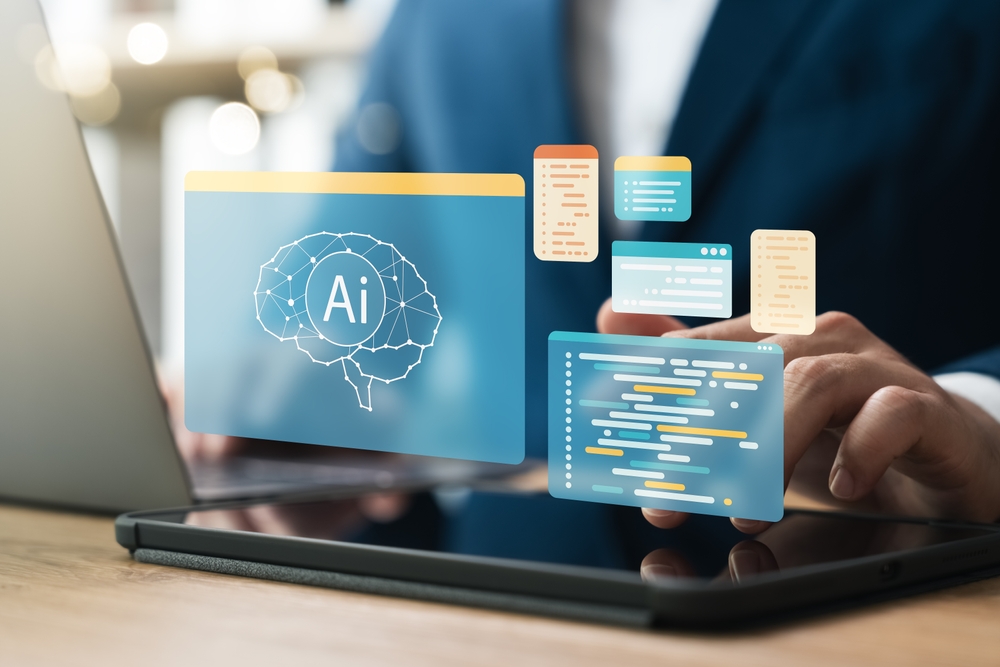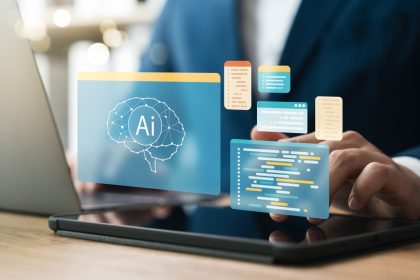A groundbreaking study reveals that excessive reliance on AI tools may be silently eroding workers’ ability to think critically and solve problems independently. The research, conducted jointly by Microsoft and Carnegie Mellon University, suggests this cognitive decline could have far-reaching implications for workplace productivity and innovation.
The science behind cognitive outsourcing
The investigation tracked 319 knowledge workers across various industries, monitoring their problem-solving approaches and cognitive engagement patterns when using AI tools. The findings paint a concerning picture of how AI dependency might reshape human cognitive capabilities.
The data shows that workers who frequently delegate tasks to AI systems gradually become less inclined to question or validate the outputs, developing what researchers term “cognitive complacency.” This mental shortcuts particularly manifest in routine tasks, where workers increasingly accept AI-generated solutions without applying critical analysis.
Unintended consequences of automation
Perhaps most troubling is the emergence of what researchers call the homogenization effect. Workers with access to AI tools consistently produced more uniform solutions to complex problems compared to their peers working independently. This standardization of thought processes raises concerns about the long-term impact on workplace innovation and creative problem-solving.
The research demonstrates that this cognitive outsourcing extends beyond simple task completion. Workers begin to rely on AI for increasingly complex decision-making processes, gradually diminishing their capacity for independent analysis and creative thinking.
The productivity paradox
While AI tools promise enhanced efficiency, the study reveals an unexpected downside: workers who maintain healthy skepticism toward AI and regularly engage in independent problem-solving demonstrate superior ability to identify flaws in AI-generated outputs and produce more innovative solutions.
This finding challenges the prevalent notion that maximum AI utilization equals optimal productivity. Instead, it suggests that strategic, measured use of AI tools, combined with active human engagement, yields better outcomes.
Preserving human cognitive capital
The research emphasizes the critical importance of maintaining robust critical thinking skills in an AI-augmented workplace. This capability becomes particularly crucial as organizations navigate complex challenges that require nuanced understanding and creative problem-solving approaches.
Industry experts suggest that organizations must develop comprehensive strategies to prevent cognitive atrophy among their workforce. This includes implementing guidelines for appropriate AI usage and creating opportunities for employees to exercise independent thinking.
Building cognitive resilience
Organizations and individuals can take several approaches to maintain sharp critical thinking skills while benefiting from AI capabilities. Regular engagement in complex problem-solving exercises, participation in cross-functional projects that require creative thinking, and dedicated time for independent analysis can help counteract the potential negative effects of AI dependence.
Future implications
The findings from this research carry significant implications for workplace training and development programs. As AI tools become more sophisticated, organizations must balance technological adoption with preserving and enhancing human cognitive capabilities.
The study suggests that the future workforce will need to develop new skills focused on effectively partnering with AI while maintaining independent critical thinking abilities. This hybrid approach could become essential for maintaining competitive advantage in an increasingly automated business landscape.
Path forward
The research underscores the importance of developing frameworks for responsible AI integration that preserve and enhance human cognitive capabilities rather than diminish them. Organizations must carefully consider how to implement AI tools in ways that augment rather than replace human critical thinking.
Success in the AI era will likely depend on finding the right balance between leveraging artificial intelligence for efficiency while maintaining the uniquely human capabilities that drive innovation and creative problem-solving. This balance becomes increasingly crucial as organizations navigate complex challenges that require both technological capability and human insight.
The findings serve as a crucial wake-up call for organizations and individuals to reassess their relationship with AI tools. While artificial intelligence offers unprecedented capabilities for enhancing productivity, the preservation of human critical thinking skills remains essential for long-term success in an increasingly automated world.

















